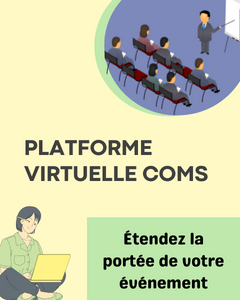Conférences > Physique > Physique numérique > États-Unis
Sélecionner un pays
Allemagne (3) Belgique (1) Brésil (1) Canada (3) France (2) Hongrie (1) Italie (3) Japon (1) Royaume-Uni (1) République tchèque (1) Serbie (1) Viêt Nam (1) États-Unis (1)
1
M&C 2027 — International Conference on Mathematics and Computational Methods Applied to Nuclear Science and Engineering 2027
18 avr 2027 - 22 avr 2027 • Columbus, OH, États-Unis
Identifiant de l'évènement:
1678599
Page web:
Conference-Service.com met à la disposition de ses visiteurs des listes de conférences et réunions dans le domaine scientifique. Ces listes sont publiées pour le bénéfice des personnes qui cherchent une conférence, mais aussi, bien sûr, pour celui des organisateurs. Noter que, malgré tout le soin que nous apportons à la vérification des données entrées dans nos listes, nous ne pouvons accepter de responsabilité en ce qui concerne leur exactitude ou étendue. Pensez donc à vérifier les informations présentées avec les organisateurs de la conférence ou de la réunion avant de vous engager à y participer!
Dernière mise à jour: 22 octobre 2025



